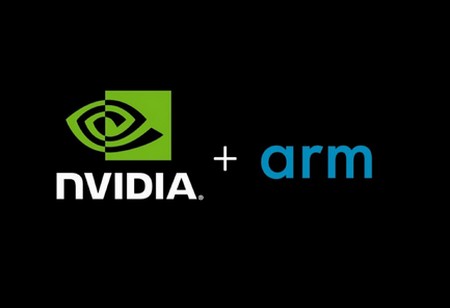
Nvidia Buys Softbank's ARM Holdings for $40 Billion, SoftBank's Share Soars


CEOInsights Team, 0
Nvidia will pay $21.5 billion in stock and $12 billion in cash for the U.K.-based chip designer, including a $2 billion payment at signing. SoftBank may receive an additional $5 billion in cash or stock if Arm’s performance meets certain targets, the companies said Sunday in a statement. An additional $1.5 billion will be paid to Arm employees in Nvidia stock. As a result, SoftBank Group Corp. shares soared to a great level. SoftBank’s shares jumped as much as 10 percent in Tokyo on Monday, the most in about six months. The Japanese conglomerate’s senior executives will also be revisiting a plan to buy out public shareholders, which had earlier met with internal opposition, people familiar with the matter said, asking not to be named as the information isn’t public.
Arm’s importance far outweighs its revenue, which comes from licensing chip fundamentals and selling processor designs. Its technology is at the heart of the more than one billion smartphones sold annually. Chips that use its code and its layouts are in everything from factory equipment to home electronics. “It’s a company with reach that’s just unlike any company in the history of technology,” stated Jensen Huang, Chief Executive Officer, Nvidia. He further added “We’re uniting Nvidia’s leading AI computing with Arm’s vast ecosystem”.
The acquisition is fueled by the drive to bring artificial intelligence to everything that has an on-switch, the CEO said. Having succeeded in selling Nvidia’s graphics chips
The acquisition is fueled by the drive to bring artificial intelligence to everything that has an on-switch
to owners of data centers to speed up image recognition and language processing, Huang is looking to make sure his technology helps spread that to everything from self-driving vehicles to smart meters.
SoftBank founder Masayoshi Son has considered a management buyout of his company since at least 2015, when talks on financing with an overseas partner fell through. The idea of taking the company private has been fueled by a persistent gap between the company’s market valuation and the worth of its holdings, which include Alibaba Group Holding Ltd. The latest deliberations are at an early stage and may not lead to a transaction. Senior management within SoftBank have various viewpoints on the plan, and many veterans are against the idea, said one of the people.
The envisioned sale of Arm, whose designs underpin the vast majority of smartphone and mobile chip technology, may draw opposition from rivals. Regulatory approval may take as long as 18 months before the transaction is completed and the deal needs sign-offs from U.K., China, the European Union and the U.S., the companies said.
Under Huang, Nvidia has risen rapidly up the ranks of technology companies in market value and influence. Already the dominant force in graphics chips that make video games more realistic, Nvidia has carved out a slice of the market for data center chips and is moving into self-driving vehicles.
Cambridge, U.K.-based Arm has created a successful niche for itself by being independent. Fierce rivals such as Apple, Intel, Samsung Electronics Co., Qualcomm Inc., Broadcom Inc. and Huawei Technologies Co. are all licensees. They either use Arm’s designs as the basis of their own chips or license its instruction set, the fundamental code used by processors to communicate with software, for proprietary efforts. The acquisition by Nvidia, also a licensee, is a challenge to that neutrality. SoftBank’s purchase four years ago went ahead largely uncontested because the Japanese company wasn’t a competitor to any of Arm’s customers.